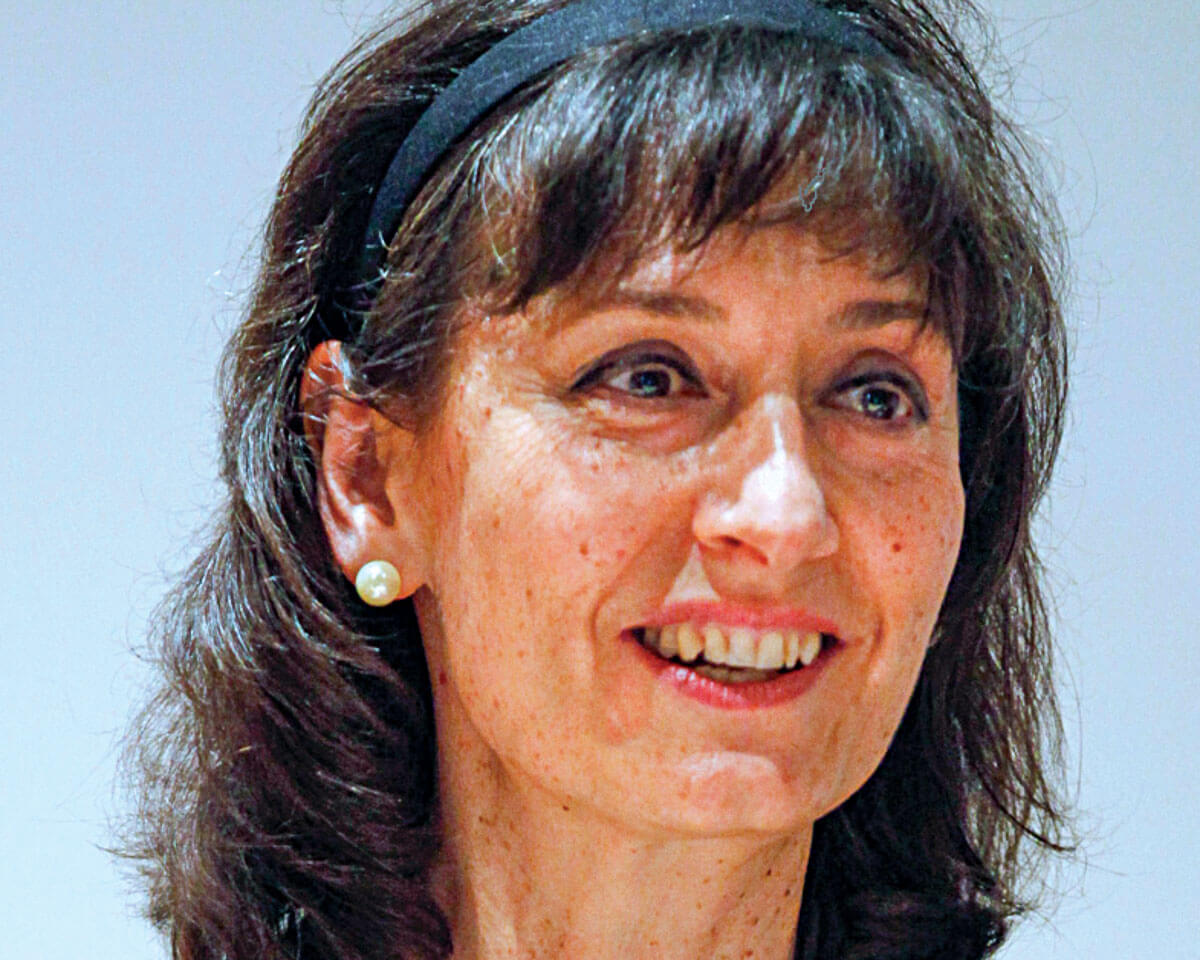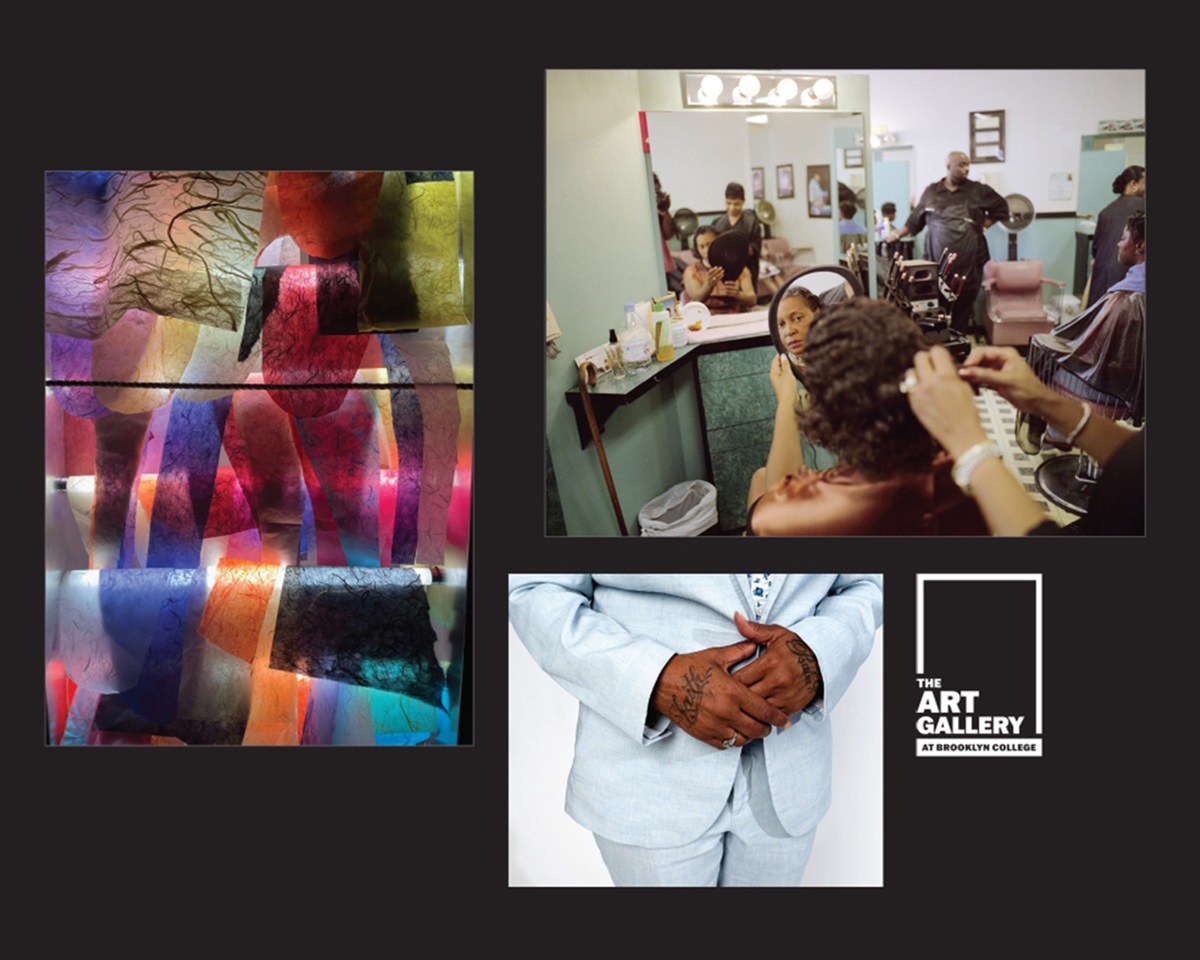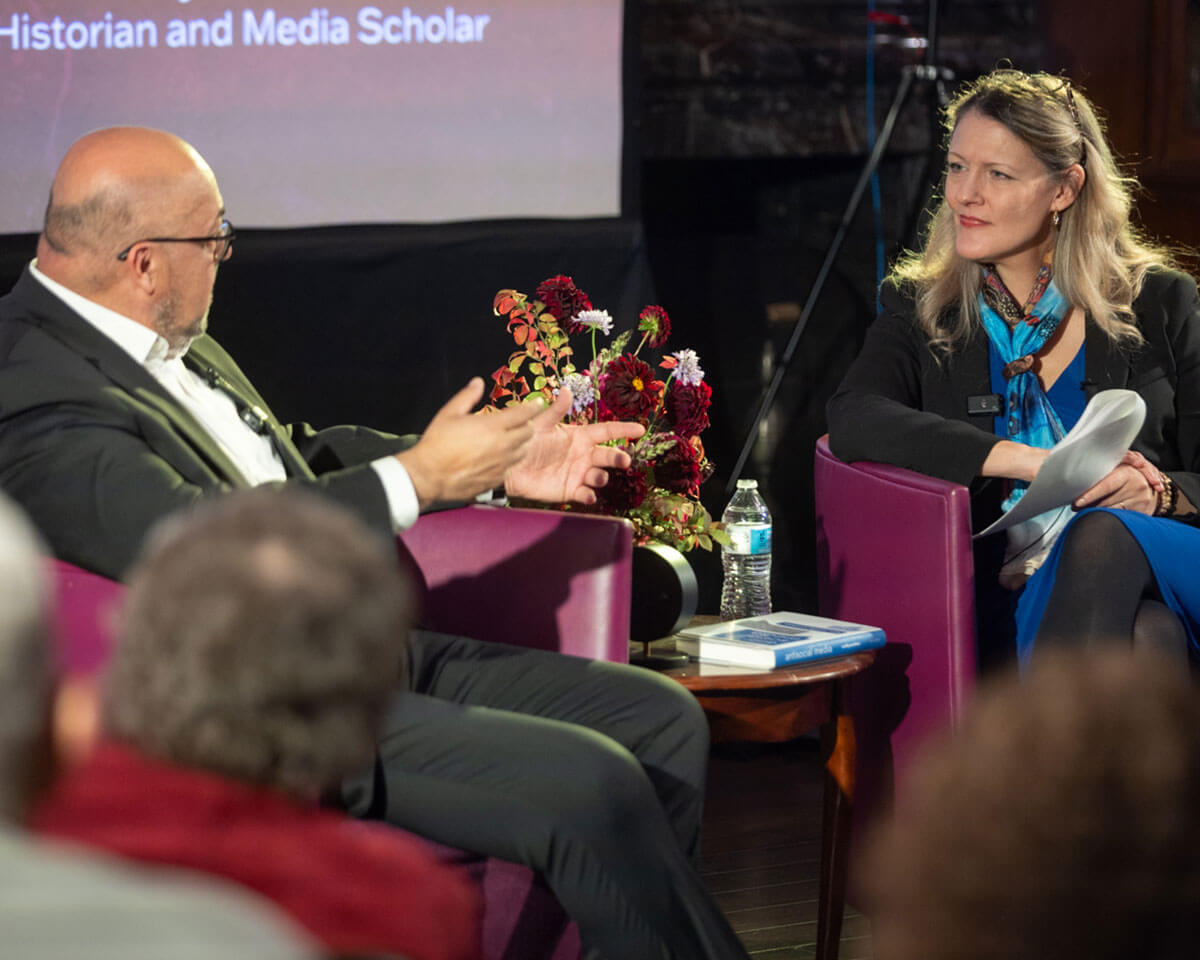Interim Associate Dean at the Koppelman School of Business and Economics Professor Merih Uctum believes that it is vital that everyone, not just academics and scholars, be able to understand international economics. Having been in the “thick of the action” as a research economist at the International Division of the Federal Reserve Bank of New York, and as an adviser to the New York State Assembly Ways and Means Committee, it has been her job to make sense of the reports and events that happen globally that impact the United States, and as a result, the state economies. When Uctum joined the faculty of Brooklyn College and CUNY she traded in the rigors of a job on the inside track of her field for the freedom that an academic environment affords. Since then, she has come to realize that an essential part of an economist’s role is to help the general public understand how events like the United Kingdom’s departure from the European Union have a domino effect that can reach their local economies and individual households. She believes that teaching students how to decipher the often cryptic world of economics for lay-people is important.
You’ve been an adviser for seven years for the New York State Assembly Ways and Means Committee. What is your role as an adviser?
Merih Uctum: The committee’s goal is to forecast revenues for the state and the city. My role is as a contributor to the discussion of what economic factors might affect revenues. To understand what’s going on with the state and city budget, you need to know the economic events that will influence them locally, nationally, and internationally. Anything happening around the globe affects the United States, and then what happens in the United States, in turn, affects the state revenue. My role is mainly to analyze global factors that affect our economy and figure out the implications for the State of New York. We’re made up of a group of advisers from different backgrounds, including investment banks, and public and private institutions. This work is voluntary, nobody gets paid for it. Producing a forecast is the main professional activity of the advisers; for me it is not—I am a professor, my job is to teach and conduct academic research. To perform this task appropriately, I have to do additional work and follow closely the most recent economic events, policy decisions of major countries, and the global economic and financial conditions. Although it is additional and sometimes intense work, I enjoy doing it because it keeps me in touch with the real world and because I feel I am representing CUNY.
You were a research economist at the International Division of the Federal Reserve Bank of New York.
MU: I worked there for six years before I joined Brooklyn College and CUNY. It was interesting in the sense that there were absolutely no resource constraints and all my colleagues worked in the same field as I did. When I moved to academia, in the department I was the only one in my field, and if you need resources, you find and apply for grants. That was a big awakening. When I was working for the Fed, I knew what was happening around the world and what was happening in the economy. I was in the thick of the action. It was exciting. But it was also grueling. The topics you could work on were restrictive and you had to be very careful about what you wrote. When I came to Brooklyn College, I appreciated immensely the academic freedom. I could also spend more time with my children.
What courses are you teaching, and what are some of the broader lessons you have been teaching in your courses?
MU: I teach two courses. One is an introduction to macroeconomics and the other is international macroeconomics. The intro course is about making students aware of what’s going on around them. I say, “You’re going to be voting, right? When you vote, you have candidates who will say, ‘I’ll do X and I’ll do Y,’ and all of this will all affect your lives.” I tell them that they have to understand what the candidates are talking about. Students have to be able to judge for themselves and not say, “Oh he looks nice or she looks fine,” and vote for that person on that superficial basis.
If you pursue a business degree, you need to know the economic environment in which the businesses operate. If you don’t understand that, then you won’t be able to interpret, for instance, where the stock market is going and why. In the long run, you need to know what the economic conditions are going to be and how the interaction between financial markets and the economy occurs. Right now, we are talking about economic stimulus; what’s the effect of the stimulus on the U.S. economy? Whenever you see the news, you need to be able to understand and interpret it. So that’s what I try to give them, a general understanding. I then try to get them to grasp the importance of the global economy and how it affects us.
Events like the economic crisis in Greece and Brexit affect us here in the United States, but they seem so far removed. How can the average person engage and make sense of it?
MU: I created The Economic Studies Group to engage with the general public. The idea is to explain policies and events that affect economies and individuals in a simple, day-to-day language, to make scholarly and academic work available to the layperson. We’ve published several articles, most of which have to do with unemployment issues in New York State. But we also talk about emerging markets, what’s happening in Europe. The idea came to fruition when Paul Krugman, the New York Times op/ed writer, came to the Graduate Center. I was the executive officer of the Ph.D. program there, and the stars aligned to hire him for our Economics Program. I have always thought it is our duty as an economist to engage the general public, and Paul wanted students trained in writing for the general public. A lot of our Ph.D. students are writing for us in this capacity. It will be advantageous to them when they look for jobs to say that they can communicate with a wide audience. It’s about being a public scholar.
Return to the BC Magazine



